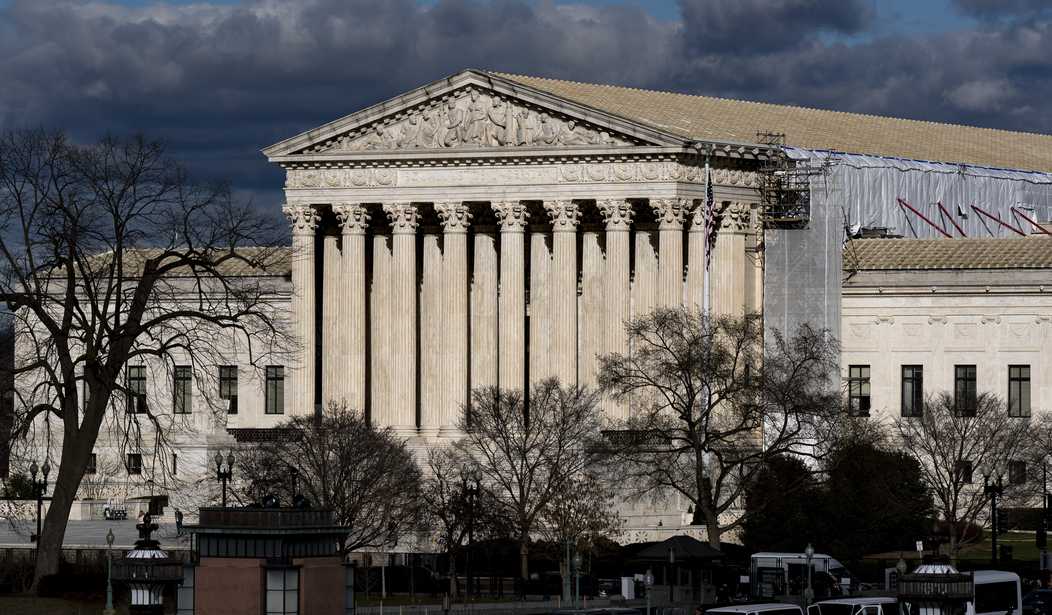In the 21st century, the landscape of free speech and privacy has evolved dramatically, becoming more crucial than ever before. The importance of these intertwined concepts cannot be overstated, especially in a world where anonymity in discourse is under threat. As British author Nick Harkaway aptly put it in his 2012 work "The Blind Giant," "A desire for privacy does not imply shameful secrets... without anonymity in discourse, free speech is impossible, and hence also democracy. The right to speak the truth to power does not shield the speaker from the consequences of doing so; only comparable power or anonymity can do that."
These words echo a universal truth that transcends borders and is particularly relevant in the United States as we reflect on America’s political climate in the wake of the attempted assassination of Donald Trump.
The tension between speech, privacy, and anonymity is not a new phenomenon. Even before the birth of the American republic, the Founding Fathers understood the power and necessity of anonymous speech. The Federalist Papers, written by John Jay, Alexander Hamilton, and James Madison under the pseudonym "Publius," played a critical role in the ratification of the Constitution. These essays were crafted to allow the arguments to stand on their own merits, free from bias towards the authors.
However, this understanding has eroded over time, particularly as political leaders have faced increasing pressure to curb anonymous speech. This has led to legislative efforts like the DISCLOSE Act, which aims to eliminate donor anonymity for policy advocacy organizations. Despite Supreme Court rulings that uphold the importance of anonymous speech and the protection of donor privacy, proponents of the DISCLOSE Act persist in their efforts, citing a nebulous “public interest” in transparency. Yet, as history and recent events demonstrate, such transparency often leads to the harassment and intimidation of donors, ultimately chilling free speech.
Recommended
The landmark Supreme Court case NAACP v. Alabama (1958) is a poignant example of this dynamic. Alabama's attempt to force the NAACP to disclose its donor list was a thinly veiled effort to intimidate and suppress the civil rights movement. Justice John M. Harlan, writing for the Court, recognized that revealing donors' identities would expose them to economic reprisals, threats of violence, and public hostility, thereby deterring individuals from supporting the organization. This principle was reaffirmed in the 2021 case AFP Foundation v. Bonta, where Chief Justice John Roberts underscored the risks posed by donor disclosure, noting instances of bomb threats, stalking, and physical violence against donors.
In today’s political climate, the need to protect donor privacy is as critical as ever. We live in an era where even a small donation to a controversial cause can lead to severe personal consequences. The case of the paramedic whose $10 donation to a legal defense fund resulted in media harassment is a stark reminder of the dangers of donor disclosure. Such incidents create a chilling effect, discouraging individuals from supporting causes they believe in due to fear of retaliation.
The Supreme Court has consistently recognized the importance of protecting anonymous speech and donor privacy to preserve the First Amendment. As we navigate the complexities of modern society, it is imperative that we heed these judicial insights and uphold the principles that safeguard our democracy. Legislation like the DISCLOSE Act (and similar pieces of legislation proffered in state legislatures around the US) represents a direct attack on free speech by threatening the anonymity that protects individuals from reprisal.
The historical context provided by NAACP v. Alabama and the contemporary relevance highlighted by AFP Foundation v. Bonta underscore a timeless truth: anonymity and privacy are not merely protective measures but essential components of free speech. These protections allow individuals to support social causes without fear, fostering a robust and dynamic public discourse. As we consider public policies impacting speech in a time of heightened political tensions, it is crucial to remember that efforts to erode these protections are antithetical to the very foundations of our democracy.
The interplay between free speech and donor privacy is not just a legal or political issue but a fundamental aspect of a free and democratic society. The Supreme Court’s rulings provide a vital bulwark against attempts to undermine these freedoms. As we look to the future, it is our collective responsibility to ensure that these protections remain intact, allowing individuals to express their beliefs and support causes without fear of persecution. By doing so, we honor the legacy of those who fought for these rights and uphold the principles that continue to sustain our democracy.
Andrew Langer is President of the Institute for Liberty.

























Join the conversation as a VIP Member